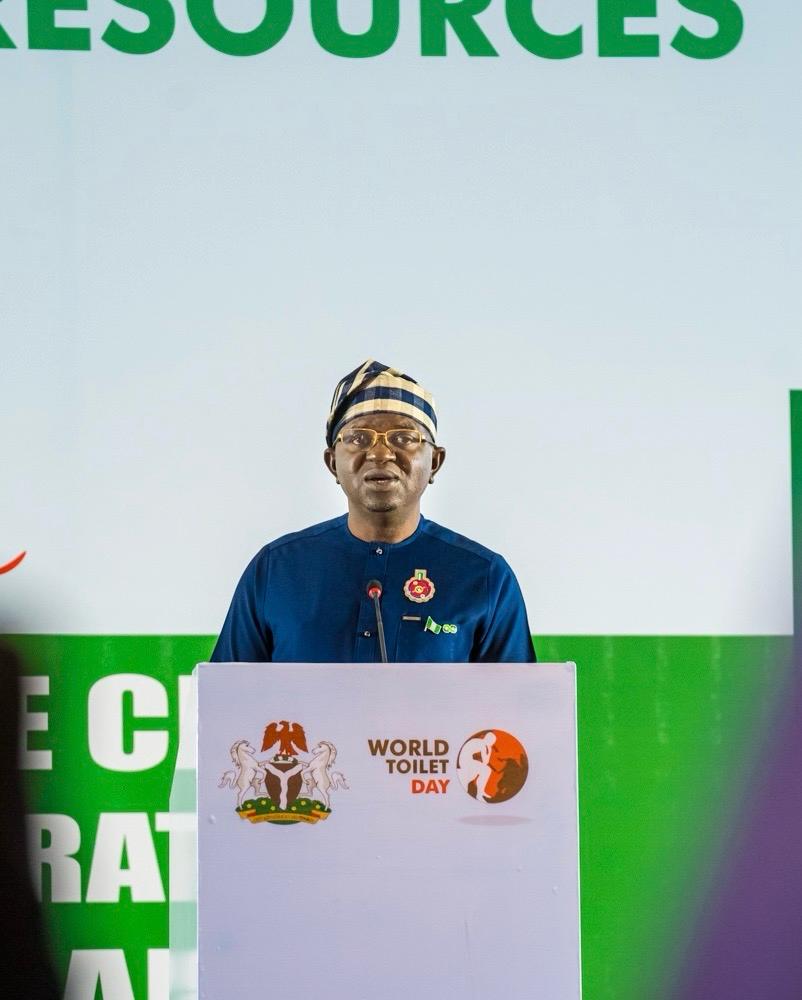
Francophone Africa countries have the opportunity to enhance their music sector through digital streaming platforms and shine among the comity of nations through their artists.
The evolution of technology, smartphones and mobile payment platforms in Africa has greatly transformed the way music is consumed in the continent. Unlike before when Compact Disc (CDs) sales or live performances by artists were the only means of access to music, there has been significant democratization of access in the last two and half decades.
More music consumers in Africa are embracing digital payments for music streaming service, e-commerce, and mobile money. In a continent where many people are more likely to have a mobile phone than a bank account, music streaming service providers are turning to Telecommunication Companies (TelCos) to facilitate Africa payments as the telecom companies are often equated to banks.
Music lovers in leading Africa’s French speaking countries like Togo, Coted’voire, Rwanda, Cameroun, Democratic Republic of Congo and others that include Benin, Burkina Faso, Burundi, Chad, Djibouti, Equatorial Guinea, Mali, Niger, Senegal, have shifted from discs to digital downloads, thanks to mobile smart phones, the internet, financial tech markets and the growing media industry.
Revenues generated in sub-Saharan Africa by the music industry increased by 9.6 per cent in 2021 with the presence of majors such as Universal and Sony in Africa. The digital economy in Africa could represent 5.2 per cent of the continent’s GDP by 2025. The expected revenue is also estimated to reach $712 billion by 2050.
Additionally, the value of financial transactions made by mobile money increased by 39 per cent, compared to last year.
Service providers in the streaming sector are increasingly deploying new innovations to make access to digital music stress free for music lovers whose population is also growing in Nigeria, South Africa, Ghana, Kenya, Rwanda, Egypt as well as place the continent in the pedestal of the international music market.
Music-streaming services are only available in less than half of the 55 countries making up the continent. This is an indication of the slow pace at which streaming services are growing while it is expected that the francophone Africa music industry would wake up and toe the path of accelerated growth in the continent.
While music streaming has become more developed in the English-speaking countries such as Nigeria and other West Africa States, the industry is just starting to boom in francophone countries and it’s expected that stakeholders must ensure development of the sector by putting in place the enabling environment.
The promoter of the 2022 edition of SIMA, Mamby Diomandé, said: “The theme focuses on the digitalisation of the African music industry, which is an excellent way to enhance and develop the African continent, both economically and in a sustainable manner. Francophone Africa has the opportunity to enhance the music sector through digital streaming and shine at the height of the talent of its artists.”
Diomande, who is also the founder and general commissioner of SIMA further said: “Mobile money, new streaming models, regulation, new modes of media consumption, concert production, management of the image of artists, the contents and formats of SIMA have been meticulously designed to meet the challenges of this industry strongly impacted by the digital in the region” “In Africa, it is only now that the lines are moving. It is estimated that 40 per cent of Africans use their phones to listen to music. This is not surprising when we know that the Internet penetration rate is improving over the years.”
There are 400 million potential music consumers in Francophone Africa, 65 percent of who are under 25 years old.
Local players such as Iroking, Tigo, Simfy Africa and others trying to penetrate the Francophone Africa market, experts believe it will be one of the largest music streaming markets in the world in a few years.
Investigation shows that there are currently over 25 streaming platforms operating in Africa inclusive of Boomplay, and other smaller providers like Mkito in Tanzania, Songa from Kenya and uduX in Nigeria.
It is interesting that major labels are investing in the French speaking African countries with music streaming startups like Deedo launched in 2017 to connect artists from Africa with indigenous audiences and those in the diaspora.
Deedo is a global pan-African music streaming platform that provides access to pan-African content and enables African music artists to gain exposure and popularity. This pan-African music streaming service is currently available in six African countries namely Senegal (where it was launched), Gabon, Ivory Coast, Nigeria, Mali, and Cameroon, as well as in France and the United Kingdom.
The platform has reportedly tacked up over 100,000 downloads of its app, which is available on iOS and Android.
The founder and chief executive officer of Deedo, Awa Girard, said the platform makes money from subscriptions and plans to expand to more West and Central Africa as well as Europe, the United States as well as Canada.
He said: “Deedo is positioned on a global African market, multi-territory and multi-catalogue, compared to global generic leaders or local services in African countries. Streaming services are already playing a major part in our daily routines. Whether it is video, music or gaming, the frequency we use these services is rapidly growing. The main challenge is to find a model that will equally benefit all stakeholders.
The beauty of the English and French Languages stayed on the shores of Africa but the works of Francophone artists like Yseult, Iba One, Aya Nakamura, Fally Ipupa, MHD, Dadju Nsugula and Maitre Gims need to be showcase to the world.
Streaming service providers such as Boomplay, Spotify, Deezer, Spinlet, Shopamusic, Waw Music, Audiomack, Amazon and Simfy have continued to penetrate the market in the continent and democratise access to music, promoting works by upcoming artists to the international space. International streaming companies, including Deezer and Apple Music, haven’t had a strong presence, other than in a few English speaking markets, and are not always well adapted to African consumption patterns. This creates space for the launch of local platforms in many countries.
Spotify, valued at $50 billion with over 345 million monthly active listeners, said launching in new markets like Nigeria is the next step to fulfilling its ongoing commitment to building a truly borderless audio ecosystem.
The Head of Music, sub-Saharan Africa, Spotify, Phiona Okumu, while speaking with newsmen recently explained that piracy is one of the most common issues in the music industry, across almost all countries.
“When Spotify enters new markets, education becomes a key driver. It is important for us to work with partners such as creators and the media to educate users on the benefits of legally streaming music and the positive impact that this has for creators and the economy. Data prices and Internet connections are a challenge, but that can’t stop an entire continent from moving forward, ” Okumu said.
Despite the role of the Internet in modern living, findings revealed that Internet penetration rate on the continent is currently at less than 25 per cent. Regrettably, only 29 per cent of people on the continent use the Internet and so getting people online to consume music remains a big issue. But, Internet penetration rate in Sub-Saharan Africa is expected to reach 40 per cent by 2025.
With access to lnternet, it will provide a soft landing for digital music growth. More needs to be done in the area of Internet penetration in the Francophone countries whose access is dismally low at the moment.
Streaming service providers such as Boomplay, Spotify, Deezer, Spinlet, Shopamusic, Waw Music and Simfy have continued to penetrate the market in the continent and democratise access to music, promoting works by upcoming artistes to the international space.
Essentially, international players, including Deezer and Apple Music, haven’t had a strong presence, other than in a few English speaking markets, and are not always well adapted to African consumption patterns. This creates space for the launch of local platforms in many countries.
Nigeria has become Africa’s music capital with music consumers having greater access to streamed music from artists such as Wizkid, Davido, the Bugs master-Kizz Daniel, Olamide, Burna Boy, Tiwa Savage, Rudboy, Patoranking and others trailing the blaze. The artists and the industry are helping to boost earnings for the country.
In the continent with about 60 million active users, streaming service providers like Boomplay have become the most popular in Nigeria and other West Africa countries. Users are allowed to pay via mobile platforms such as M-Pesa and Tigo-Pesa in countries like Kenya and Tanzania.
The Director of artiste and media relations, Boomplay, Tosin Sorinola, had recently said the service provider plans to roll out that option in Francophone countries.
Poised to transform from the current poor status quo, the Music Industries Trade Fair of French-speaking Africa (SIMA), has been slated to hold from 17 to November 18, 2022 in Abidjan. The event is expected to contribute to the development and restructuring of the sector.
Experts from the continent and across the world will gather to share experiences, identify challenges and offer concrete solutions on how to democratise streaming music particularly in francophone Africa and the entire continent.
During this event, the question of streaming and the growth in the use of mobile payment services, which are boosting the consumption of African musical works on the international scene, will also be discussed.
With a turnover of $71 million in 2021 and a forecast of $314 million by 2026, rapid global dissemination of streamed music reduces distribution costs for artists, and promotes global visibility of musical works and artists.
[ad unit=2]






